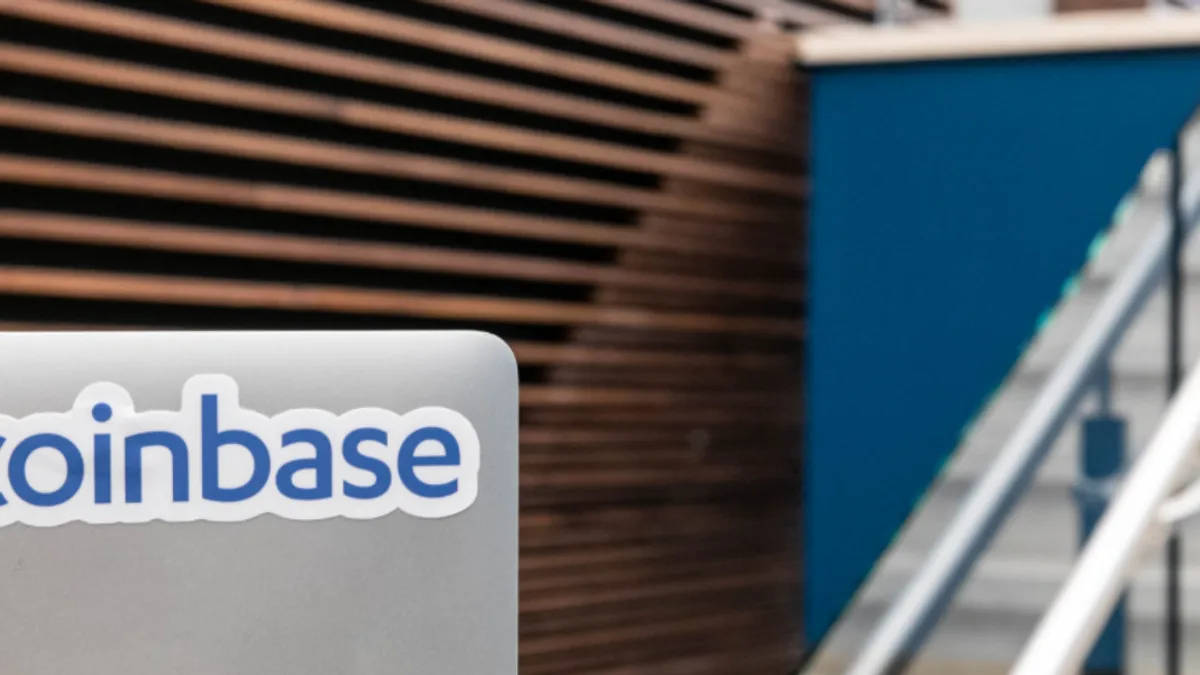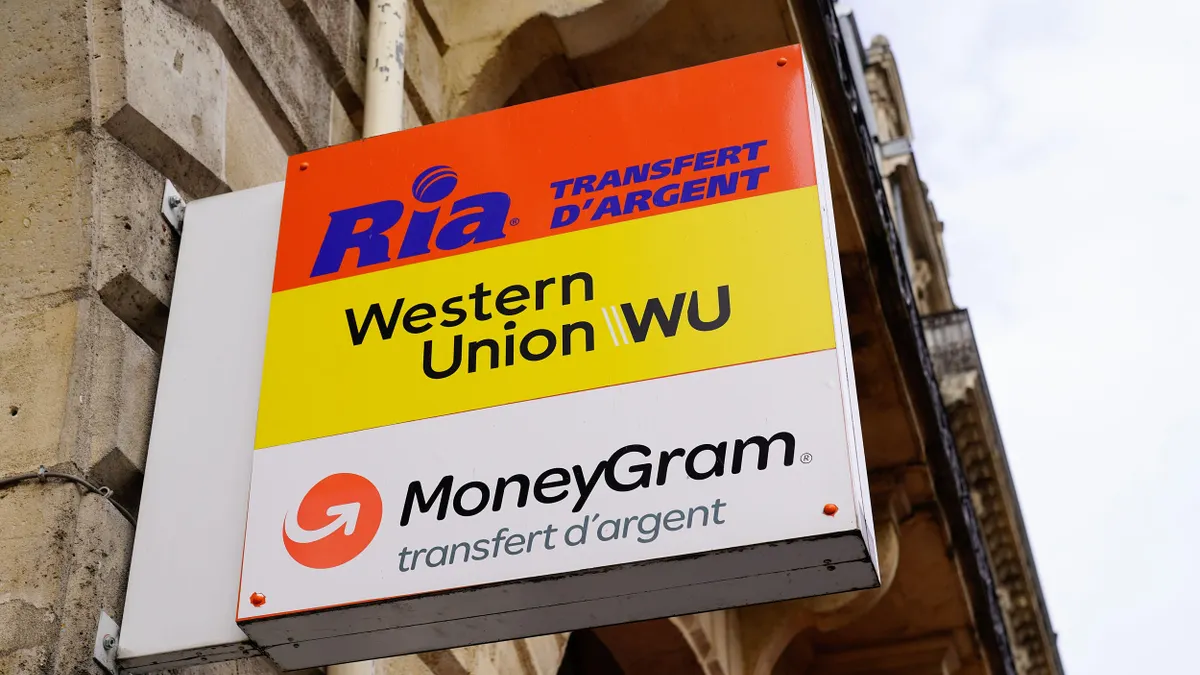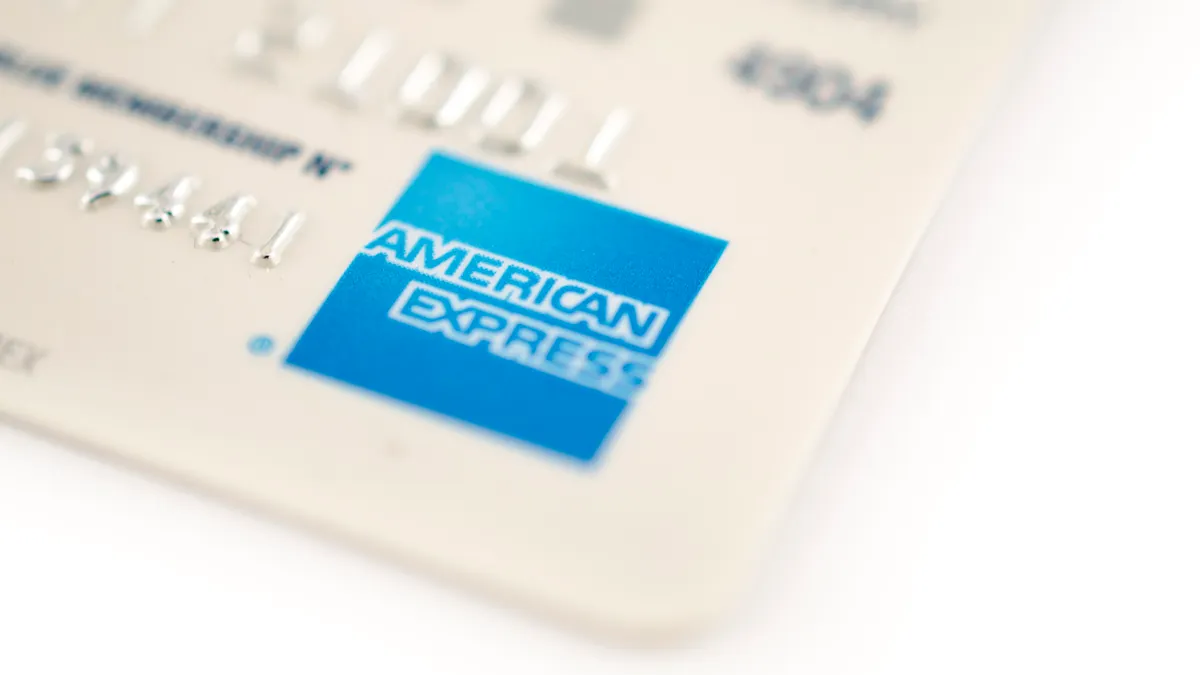The decision by digital currency exchange Coinbase to structure its IPO next week as a direct listing is generating interest among finance professionals. But the move probably holds few lessons for other companies, since most are unlikely to match Coinbase's high profile and the investment interest it's generating, Baker Botts attorney Sam Dibble said.
To succeed in a direct listing, in which the company offers its shares without the help of a Wall Street underwriter or a road show to drum up interest, the company needs the resources and name recognition to attract investors on its own, said Dibble, a partner at the firm and a specialist in capital raising and mergers
"You really do have to have your own marketing machine in force," he said. "It really is just like a wind-it-up-and-go on the first day of trading, [given the] supply and demand element. And once the genie's out of the bottle, you never know what's going to happen to the stock prices."
In a traditional IPO, a company works with investment banks and a lead underwriter to price the initial offering and generate interest among investors.
Direct listings are one of several structures the Securities and Exchange Commission (SEC) in recent years has tinkered with to encourage more startups to consider IPOs after years of dwindling interest. Many startups today prefer to stay private, working with long-time investors who can also provide technical assistance. They may delay going public until much later in their lifecycle, when much of their fastest growth — along with the value appreciation that goes with it — is behind them.
Auctions and special purpose acquisition companies (SPACs) are other IPO alternatives. These structures have been available for decades, but the SEC has been easing rules more recently to boost public offerings. Direct listings, for example, were previously limited to companies that wanted to let existing investors sell shares; that changed last year, when the SEC said companies could sell new shares alongside existing shares.
In Coinbase's case, the company is expected to focus on liquidating its investors notwithstanding the rule change.
"I don't believe they need the new capital," said Dibble. Instead, the company sees this as an exit for the money that financed its early-stage growth, without having to spend on underwriting and other fees that go to Wall Street banks.
Spotify and Slack are two other companies in recent years that took a direct approach and, like Coinbase, had the name recognition and investor interest to go out on their own.
"Those were up-and-coming companies, then unicorns with really high valuations, and were generating not only revenue but a little bit of profit as well through their operations," he said. "It's a tricky thing to round up enough demand for the stock you're trying to make a market in."
Surging market
Coinbase's profile and revenue have risen along with the cryptocurrency industry, led by Bitcoin, which has attracted global investor interest. Bitcoin was trading at around $500 a decade ago; today, it's hovering around $57,000.
"Coinbase will provide an avenue for companies to make an indirect bet on cryptocurrencies," he said. "Most if not all of the ... financial players really have been on the sidelines. One way for these companies to put their toe in the water is to take a position in Coinbase, whose fortunes are directly related to the value and appreciation, if any, of Bitcoin and other currencies down the line."
CFOs in recent surveys have overwhelmingly said they have no plans to accept or hold cryptocurrencies despite a few high-profile companies, led by Tesla, saying they would. But they might very well hold an interest in Coinbase.
Competition
The IPO appears to come at a good time for Coinbase. Access to public markets can help it roll up some of the other cryptocurrency exchanges that have cropped up to leverage the boom in interest.
"Just an enormous number of companies are running some form of exchange," said Dibble, a partner in the firm's San Francisco office. "I think at one point, and it's probably still the case, there were more exchanges than cryptocurrencies. So, the market is just completely ready for consolidation, and Coinbase's ability to do that rollup will give them an incredible advantage."
The company will need that advantage, because it's at a disadvantage in other ways, Dibble said. Many exchanges outside the U.S. don't play the same role as Coinbase in differentiating between tokens and currencies that meet the definition of a security. That distinction changes their regulatory treatment and raises issues for both the trading and the custodial functions of an exchange.
"Coinbase does this analysis to try to determine whether the one they're doing is going to involve the listing of coins they believe are securities as opposed to something that's exempt from that categorization under SEC rules," he said. "There really isn't great clarity about that, to say the least."
Coinbase is effectively setting up a test that could be adopted by the SEC, Dibble believes.
In the meantime, the higher-level role it's adopted can give other exchanges an edge among investors who aren't interested in differentiating between the two.
"At some level, Coinbase is at a permanent handicap because they have to go through this process any time they want to consider adding a new coin to their database," he said. "So, by definition, there will be many more investment choices on an exchange that's less regulated, so whatever subset that Coinbase offers will certainly be available on, say, Binance [a popular Malta-based crypto exchange]. If you're looking for one-stop shopping and doing some Bitcoin or Ethereum but also some riskier, earlier-stage ones, you're going to probably consolidate everything with Binance. Playing that game of catchup is something that Coinbase is going to have to deal with."






















